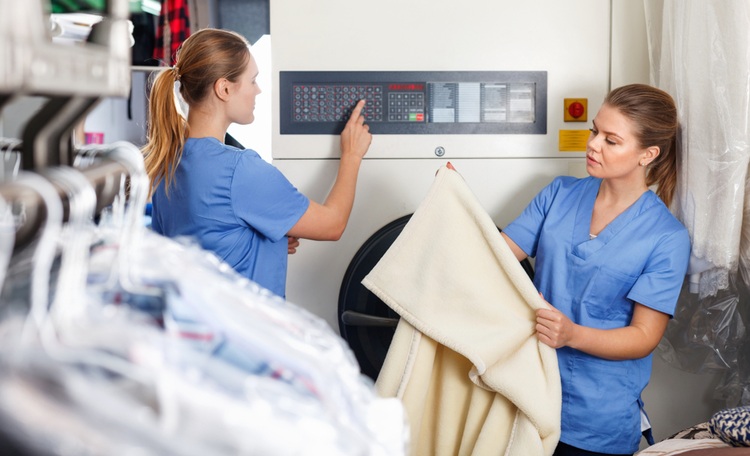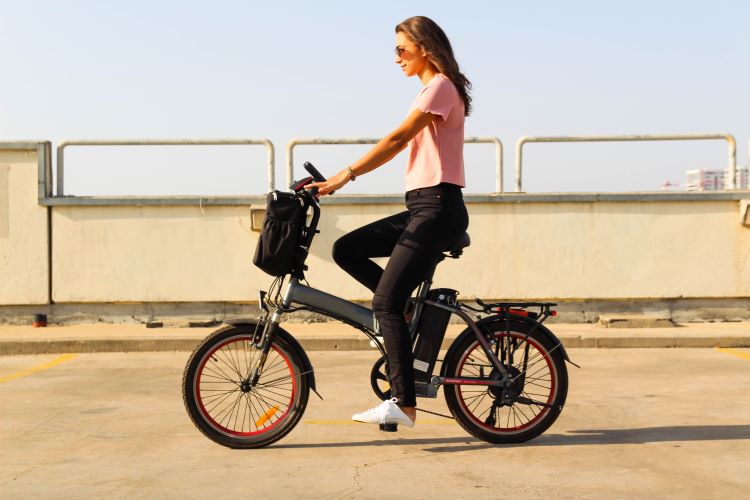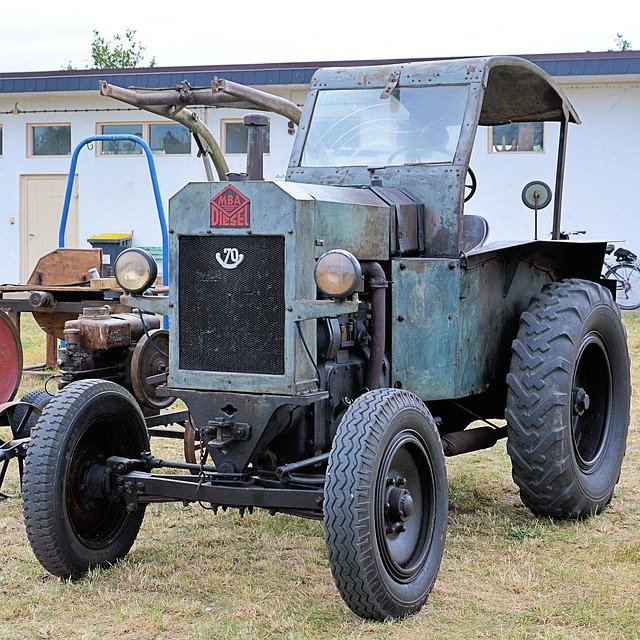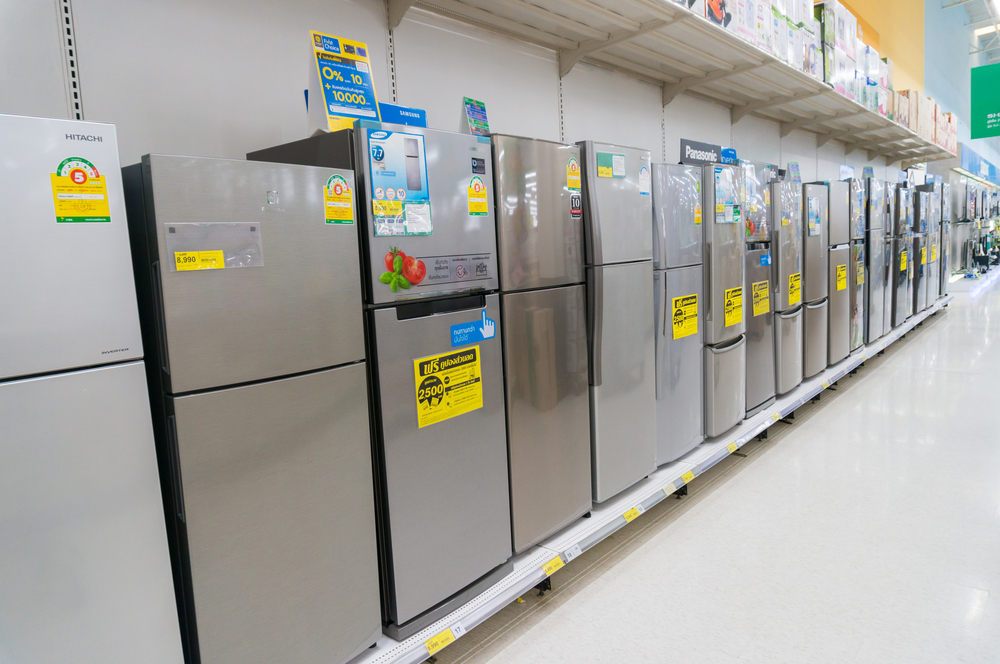How Pressure Washer Leasing Works
Lease agreements for pressure washing equipment are often used in commercial or industrial settings. This article outlines how lease terms are typically structured, the types of equipment available, and what factors influence commercial and industrial leasing.

How Pressure Washer Leasing Typically Works
Pressure washer leasing typically involves a contractual agreement between a equipment provider and the lessee. The process begins with selecting appropriate equipment based on specific cleaning requirements. Lessees can choose from various pressure washer types, including electric, gas-powered, or industrial-grade hot water units. Most providers require a credit check and business verification before approving a lease agreement.
Key Details In Pressure Washer Lease Terms
Standard lease agreements include specific terms regarding maintenance responsibilities, usage limitations, and duration. Typical lease periods range from 12 to 60 months, with longer terms usually offering lower monthly payments. Most leases include regular maintenance schedules, warranty coverage, and specific guidelines for equipment usage. Important considerations include maximum operating hours, approved applications, and damage liability.
What Monthly Lease Plans May Include
Monthly lease plans often bundle several services and benefits into a single payment structure. These typically include:
-
Regular maintenance and servicing
-
Replacement parts and repairs
-
Technical support
-
Equipment upgrades options
-
Emergency service coverage
-
Training for operators
Common Pressure Washer Lease Options and Pricing
Below is a comparison of typical pressure washer lease arrangements available in the market:
| Lease Type | Equipment Grade | Monthly Cost Range | What’s Included |
|---|---|---|---|
| Basic Commercial | 2000-3000 PSI | $75-150 | Basic maintenance |
| Professional | 3000-4000 PSI | $150-300 | Full service package |
| Industrial | 4000+ PSI | $300-600 | Comprehensive coverage |
Prices, rates, or cost estimates mentioned in this article are based on the latest available information but may change over time. Independent research is advised before making financial decisions.
End-of-Lease Considerations
At the completion of the lease term, several options are typically available:
-
Extend the existing lease
-
Upgrade to newer equipment
-
Purchase the leased equipment
-
Return the equipment and end the agreement
-
Negotiate a new lease with different terms
Understanding pressure washer leasing arrangements helps businesses make informed decisions about their equipment needs. While leasing offers flexibility and reduced initial costs, carefully reviewing all terms and conditions ensures the arrangement aligns with operational requirements and budget constraints.




